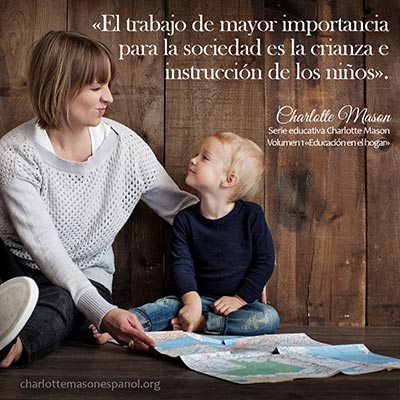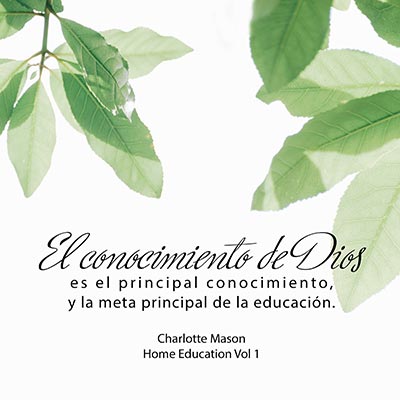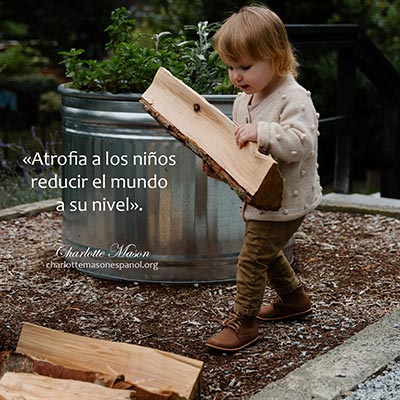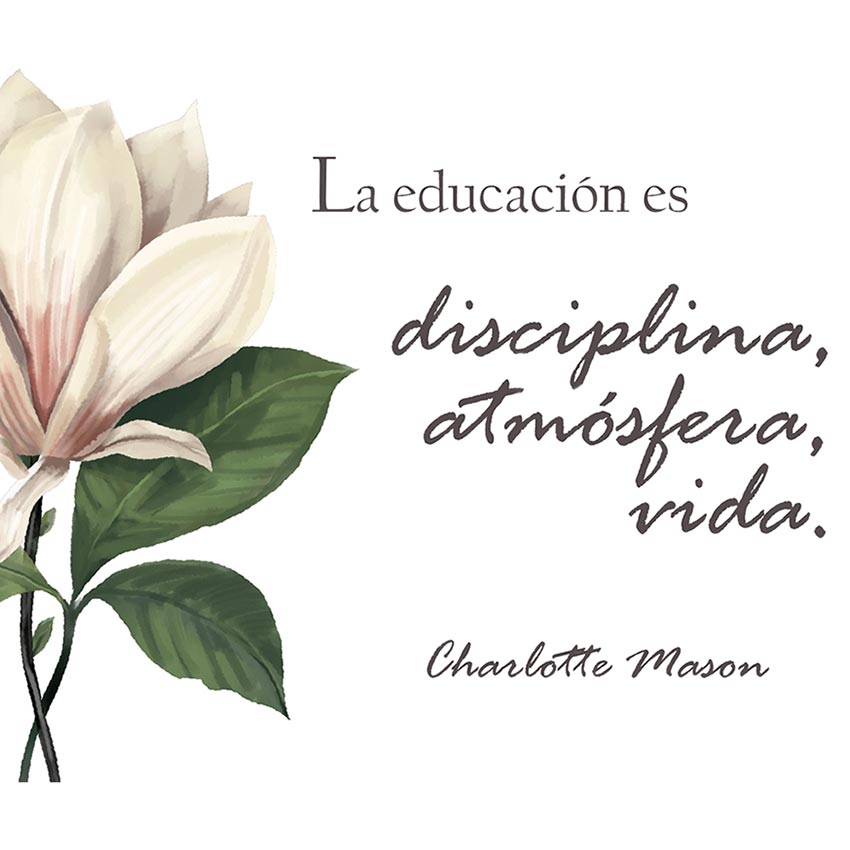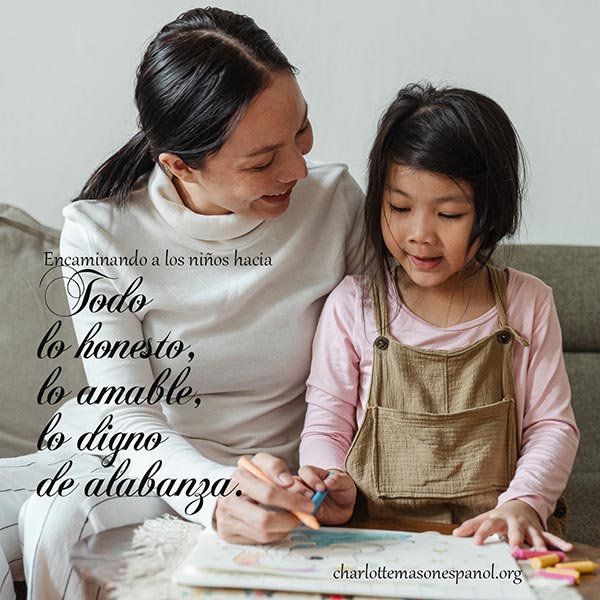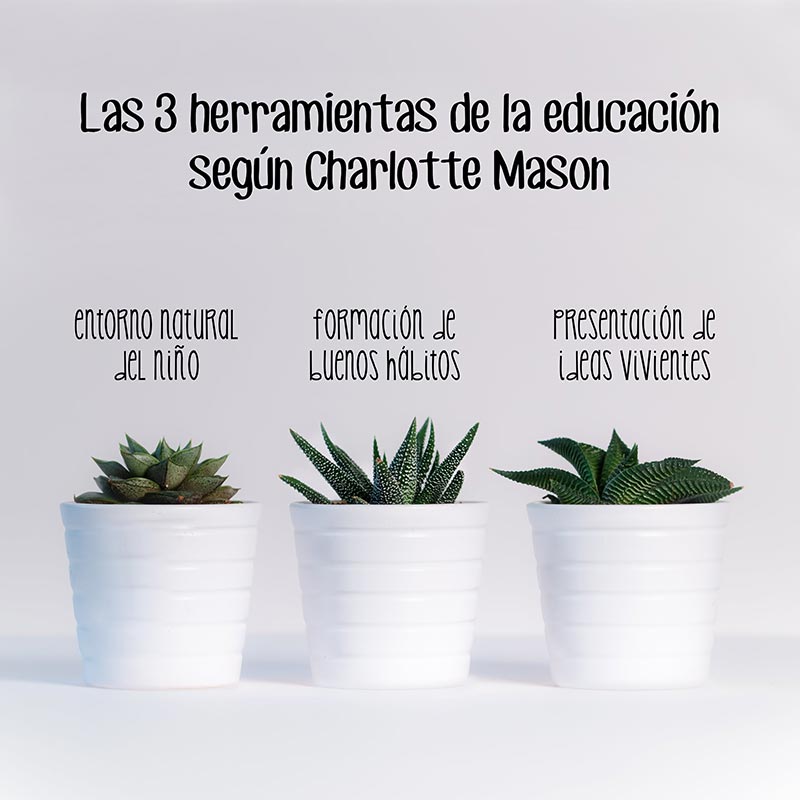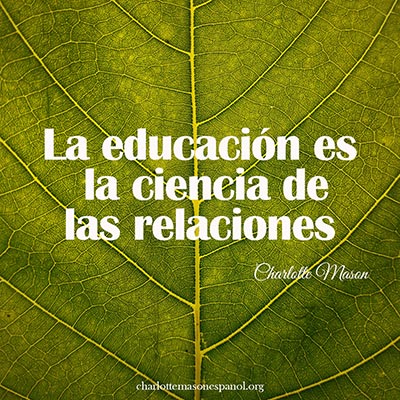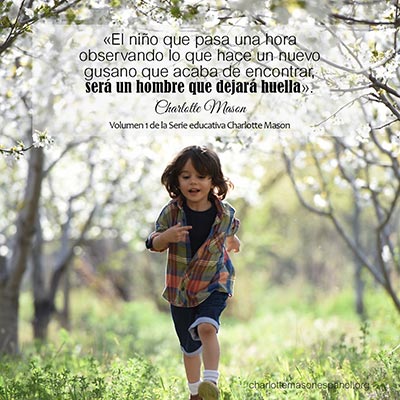Error 404 – La página que busca no existe
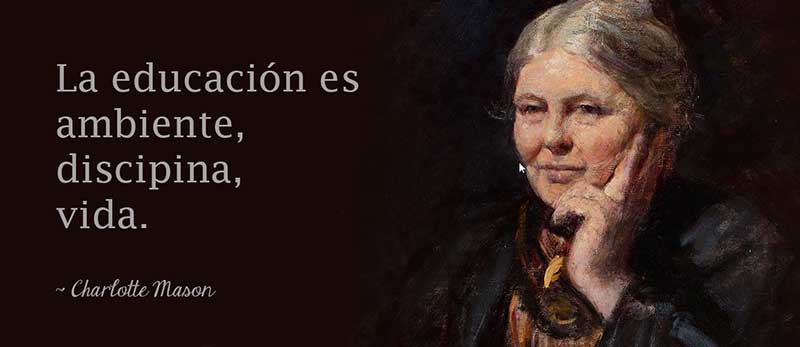
«“Lo soy, lo debo, lo puedo, lo haré” son algo así como cuatro escalones de la escalera sobre la que escribió San Agustín cuando dijo que podíamos “subir los peldaños del viejo hombre pecaminoso, del cual nos despojamos y al cual estamos muertos, y así ascender a cosas más sublimes».
Charlotte Mason

